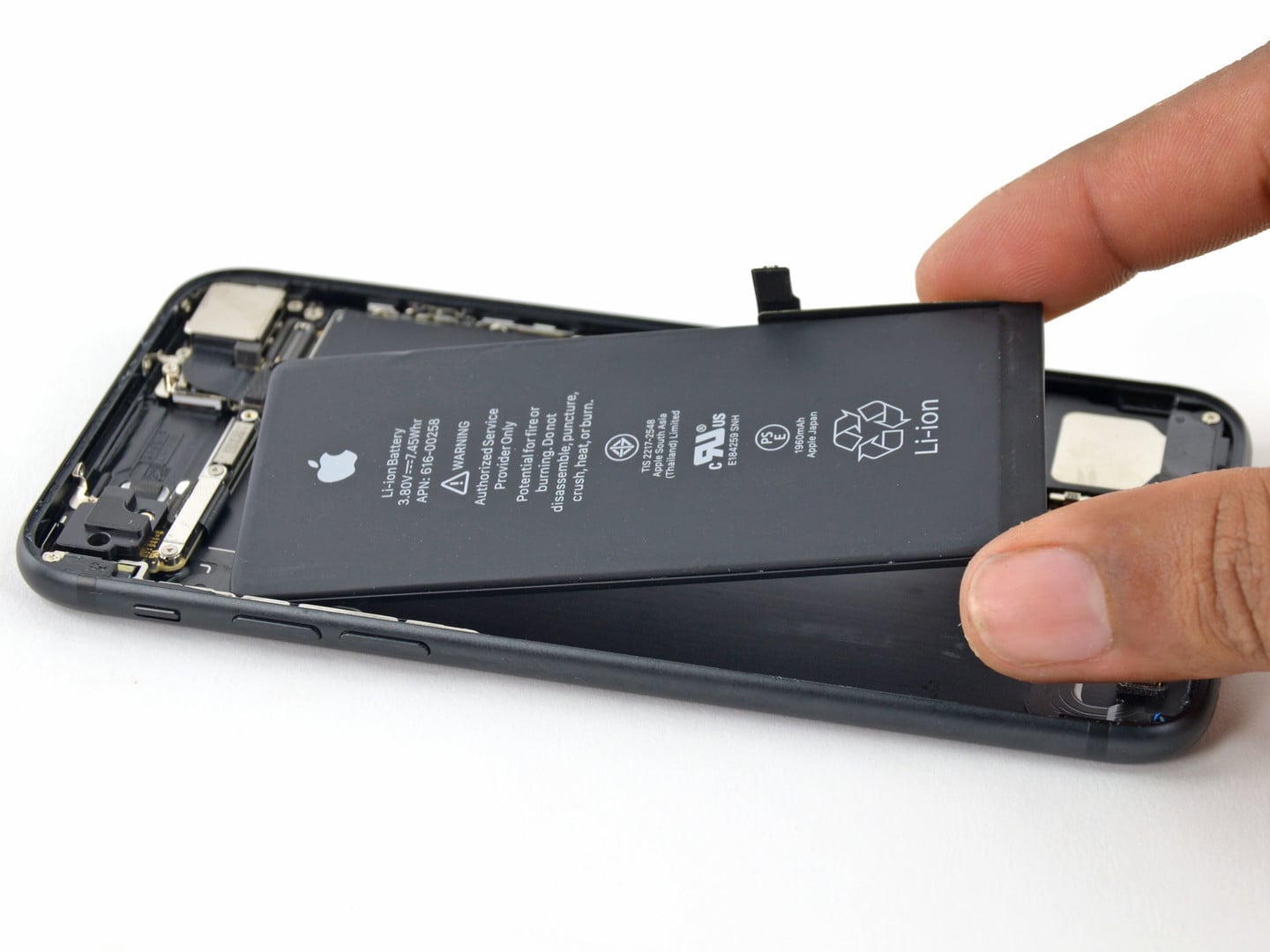
Apple ran into issues a couple of years ago when it took it upon itself to throttle battery life on some iPhone models. The ensuing fiasco was called “batterygate”, and, earlier this year, Apple agreed to a settlement on the matter worth millions of dollars.
That settlement was agreed upon back in March of this year. Now, in July, the payouts are just now starting to go out. For those iPhone owners who were impacted by the battery-throttling issues (owners who had affected models), they are now being informed of their legal rights regarding the payouts.
The initial settlement will see Apple pay upwards of $500 million, with the minimum being just over $310 million. As is par for the course with this sort of thing, iPhone owners who are eligible for the settlement will need to submit a claim. It’s worth noting that, depending on just how many claims are issued, the final amount each impacted iPhone owner receives could change.
Who’s eligible
There are a wide range of devices eligible for this settlement. However, the one thing to be keenly aware of is that the user must be able to show that they experienced “diminished performance” on their device(s) to be eligible. It’s all part of the formal process.
Now, here are the devices that are covered in the settlement:
- Devices that ran iOS 10.6.2 or later
- iPhone 6
- iPhone 6 Plus
- iPhone 6s
- iPhone 6s Plus
- iPhone SE
- Devices that ran iOS 11.2 or later
- iPhone 7
- iPhone 7 Plus
Each of these devices must have been owned, and been using these versions of the mobile operating system, before December 21, 2017.
You can visit this website to see your options. It will allow you to submit a claim if that is the route you want to go. Or, if you prefer to make yourself exempt from this particular case to give yourself the option to sue Apple on your own, you can take that route as well.
If you decide to submit a claim, it must be submitted by October 6, 2020.
It’s worth noting that Apple has denied “secretly throttling” any iPhones, even with the battery health management feature now a well known quantity. The company agreed to this settlement earlier this year in an attempt to avoid any further costly litigation.